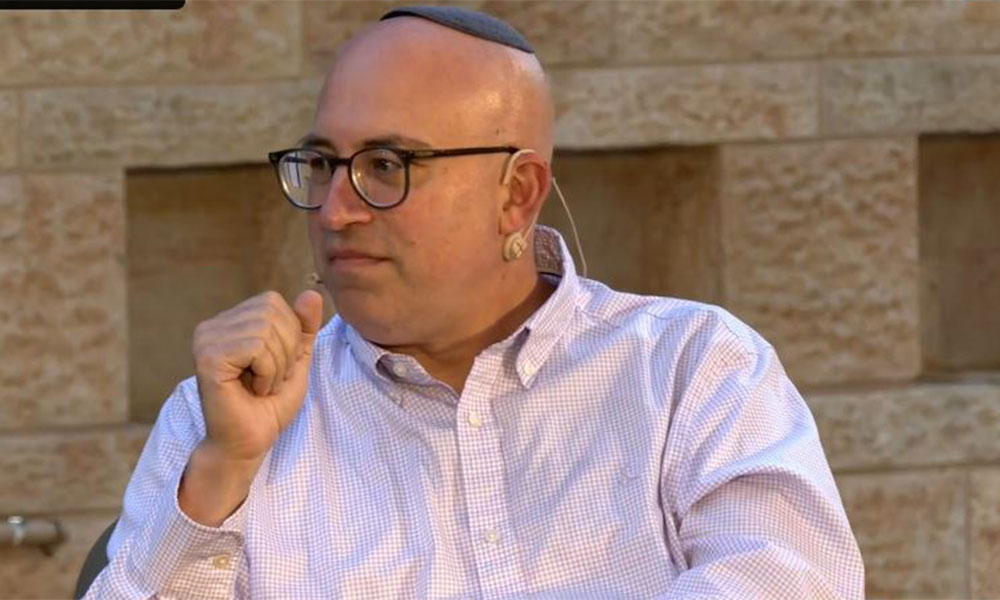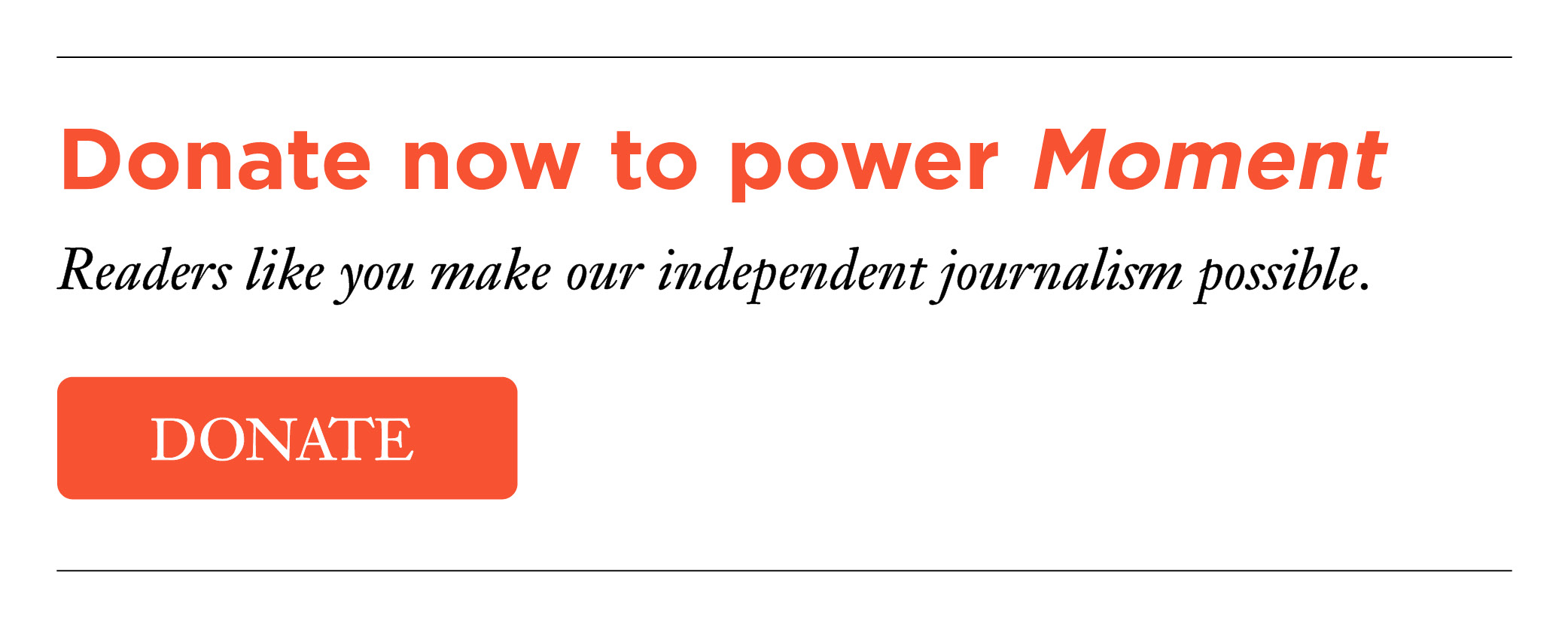
A Fox News commentator in August, citing sketchy poll results, suggested that Jews in New York might split 50-50 in the presidential election. Whether or not that happens, in this presidential campaign season the Jewish community feels polarized to a degree not recently seen—whether on Israel or on domestic politics. Does this polarization, if it’s real, have fundamental implications for American Jews’ ability to function as a community? I asked Shalom Hartman Institute President Yehuda Kurtzer, a veteran community observer, to reflect on shifts in the landscape.—Amy E. Schwartz
Every four years, you hear the refrain, “This is the year the Democrats will lose their lock on the Jewish community.” Is this the year?
I don’t think so. Over the past 70 or 80 years we’ve seen relatively consistent voting patterns in the Jewish community. The shift is in the intensity level. Jews who are passionately pro-Trump are louder and more pronounced than they’ve ever been, and the same is true on the left. More complicated than whether more Jews vote Republican is the way Jewish identity and practice have become politicized. That is, the dominant characteristic defining different groups of Jews now is not how they pray or whether they keep kosher, but their politics. That Orthodox Jewry in the United States, especially centrist Orthodox Jewry, has become Republican is a more interesting development than the actual numbers. It’s happened partly because of Israel, but it’s also a broader phenomenon.
Have partisan divides worsened because of what’s happened in Israel?
No question, what’s happened in Israel has altered many Jews’ political sensibility. I haven’t seen data yet, but every single day I hear some version of “I’m an October 7 Jew now,” from secular friends who feel a twinge of Jewish peoplehood attachment, from professors who feel lonely, from progressives who’ve lost their community and allies, or from Jews who say, “OK, I’ve decided I’m a single-issue voter on Israel.” But in another sense, Israel’s just the flashpoint. People may say, “I’m voting for Trump because I’m pro-Israel,” but not acknowledge they also share his larger social agenda on race or immigration or tax cuts. And American Orthodox Jews are lining up with evangelicals on a whole set of issues, not just on Israel.
Does it matter whether “the Jewish vote” is no longer seen as a single entity?
We’ve had the myth of being monolithic, and that serves the interests of those in charge of the community, to be able to speak with one voice. But I don’t think we’ve actually been monolithic on anything for a long time. The most provocative disappearance of Jewish consensus recently has been on defining antisemitism. That we can’t agree as a Jewish community on what antisemitism is and how to fight it is very telling. And proponents of the different definitions of antisemitism are all appealing to non-Jews as arbiters, trying to get outsiders—university administrators, government entities—to anoint them as the ones who speak for Jews on this.
Every single day I hear some version of ‘I’m an October 7 Jew now.’
Instead of resisting American political polarization, we’re cheering it on. And that’s alarming. When you have this degree of passionate hatred on both sides of the political aisle, that raises the specter of political violence, and societies tending that way are very dangerous for Jews. And it looks as if we as a community might no longer have the capacity to organize in response to those threats.
Have Jewish views changed on what’s good about America?
I don’t see enough serious American Jewish conversations about that question—maybe because that discussion would transcend political difference. All of us have gotten very taken with the need for our version of America to win. I felt this change very keenly at Senator Joe Lieberman’s funeral in March. People at the funeral talked about Lieberman, and to a degree John McCain, as the last holdouts—though President Biden has some of this quality, too—who kept the political discussion on a sort of nonpartisan pedestal. Jews such as Louis Brandeis and Emma Lazarus were important to that tradition and helped create it. Some candidates still use language like that, but in this noise climate it’s virtually impossible to hear it.
What’s the effect on the community, psychologically or practically, of the talk about whether “the Golden Age” is over?
I think that framing is very damaging. If you start with “the sky is falling,” it’s a self-fulfilling prophecy. Optimism is what’s hard to sustain. I’d like to see more American Jewish leaders speak the language of, “Look, we’ve had a good run so far, and it’s not 1491 in Spain or 1938 in Germany—so what do we have to do to sustain things?”
Instead of looking nostalgically back, what if we asked instead: What have we created here in America that’s been really great? What are our contributions to the history of Judaism? And what do we need to do as a community to make sure that those kinds of great contributions continue?
Moment Magazine participates in the Amazon Associates program and earns money from qualifying purchases.


